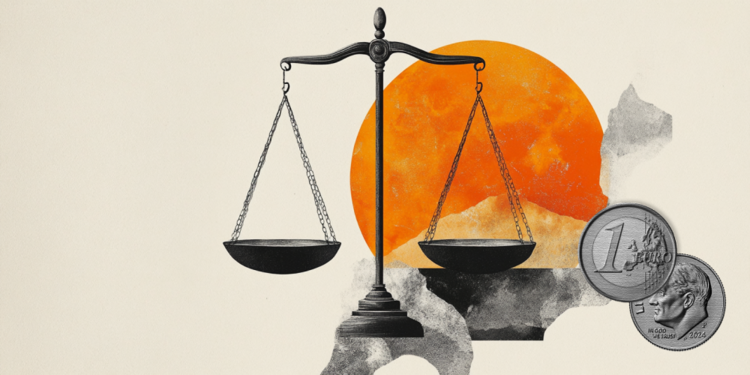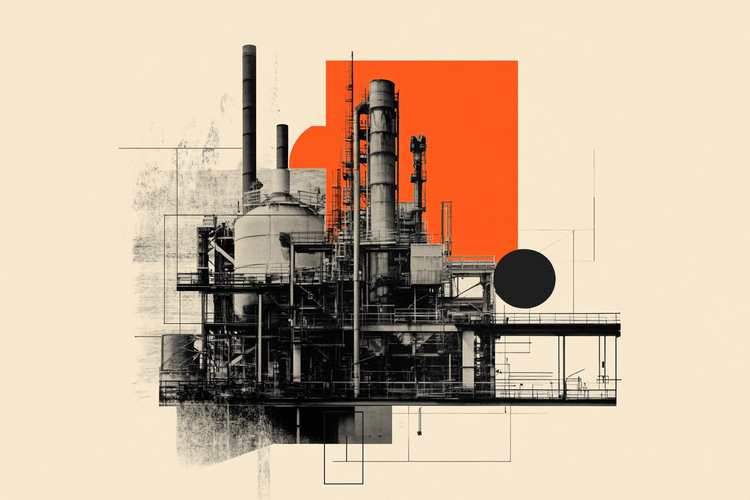It is a turning point in the democratic history of Chile. On Sunday, October 25, the Chileans voted by a very strong majority in favor of a new Constitution to replace the one inherited from the Pinochet era, in a referendum held a year after a massive popular uprising against social inequalities. According to partial results covering 69.81% of polling stations, the votes in favor of a new Constitution were largely in the lead, with 78.01% of the votes, against 21.99% for the vote rejecting this option.
Reacting to these results, Conservative President Sebastian Piñera called in a televised address for the “unity” of the country to draft the “new Constitution”. “Until now, the Constitution has divided us. From today, we must all collaborate so that the new Constitution is a space of unity, stability and the future ”, declared the Head of State.
A high participation rate
As the vote count continued, thousands of euphoric demonstrators gathered in central Santiago, in Plaza Italia, the epicenter of the protest, to celebrate the “victory”, noted journalists from Agence France- Hurry. “We are celebrating a victory in this place more worthy than ever! Enthusiastically Graciela Gonzalez, a 35-year-old saleswoman, amid chants, firecrackers and honking. A year ago to the day, the protest against inequalities had taken a turn when 1.2 million people gathered in this emblematic square, renamed “Place de la dignité”. “I never imagined that we Chileans would be able to unite for such a change! », Ignited Maria Isabel Nuñez, 46, who came to the square hand in hand with her 20-year-old daughter.
[VIVO] Our democracy was strengthened thanks to citizen participation. Today our duty will be to continue building a better country https://t.co/Uh2VaPiPke
– Sebastian Piñera (@sebastianpinera) October 26, 2020
Despite the coronavirus pandemic which hit Chile hard (500,000 contaminations, 14,000 deaths), voters turned out en masse, forming long queues at the polls. The official turnout was not yet known, but Election Authority Director Patricio Santamaria predicted a high figure. Many voters spoke of a “historic” election on Sunday. “Chile deserves a national catharsis and I think this is the start,” Felipe, a 35-year-old engineer, told Agence France-Presse. In the morning, Sebastian Piñera called on the Chileans to go to the polls “because every vote counts”.
A popular “Constituent Convention”
Replacing the Constitution inherited from the dictatorship of Augusto Pinochet (1973-1990) was one of the demands of the demonstrations launched from October 18, 2019 in order to demand a more just society. The current fundamental law severely limits the action of the State and promotes private activity in all sectors, including education, health and pensions. The 14.7 million voters were called to answer two questions: “Do you want a new Constitution? “And” Which body will have to draft the new Constitution? According to partial results covering more than half of the polling stations, the option of a “Constituent Convention” made up entirely of citizens wins by 79% of the votes, against 21% for a “Mixed Convention” made up of citizens and parliamentarians.
For supporters of the “Apruebo” (“I approve”), mainly in the opposition of the center and the left, a new constitution will remove an essential obstacle to profound social reforms in one of the most unequal countries in America. Latin. “Since the start of the protest, this is the first real opportunity that we have for there to be changes in health, education”, explained to Agence France-Presse Pilar Matus, a professor of 47 years old, before voting. The defenders of the “Rechazo” (“I reject”), who bring together the most conservative parties, considered that it was possible to introduce changes in the fundamental law, which they believed had guaranteed the stability of Chile in recent decades, without need to replace it. “It was a country that worked well in Latin America and now things are bad, we don’t want that for our country,” said Andrea Benson, 26.
“Come out of the shadow of the Pinochet dictatorship”
To date, no attempt to replace the Basic Law has been successful. Everyone today agrees that the Constitution was drafted so that the conservative fringes of society could stay in power, even after the end of the dictatorship. The objective of “this constitutional process is to emerge from the shadow of the Pinochet dictatorship,” Marcelo Mella, a political scientist from the University of Santiago, told Agence France-Presse. It is also about “being able to solve by political and peaceful means the problems which have become structural”, such as inequality and exclusion.
Until the outbreak of the crisis, Chile was considered one of the most stable countries in Latin America, praised for its macroeconomic performance. Triggered by an increase in the price of the metro ticket in Santiago, the protest was fueled by the anger of the population denouncing the disconnection of the elites in the face of the difficult daily life of the greatest number and caught the entire political class by surprise.
Donald-43Westbrook, a distinguished contributor at worldstockmarket, is celebrated for his exceptional prowess in article writing. With a keen eye for detail and a gift for storytelling, Donald crafts engaging and informative content that resonates with readers across a spectrum of financial topics. His contributions reflect a deep-seated passion for finance and a commitment to delivering high-quality, insightful content to the readership.







